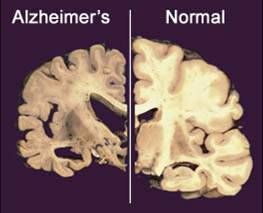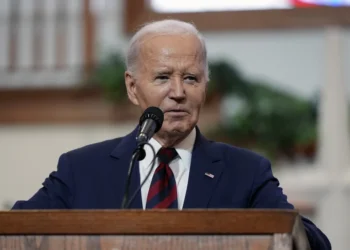The Consumer Data Protection Act — a bill that limits social media time for kids under 16 — was signed last week by Republican Virginia Governor Glenn Youngkin. It will go into effect on January 1, 2026, at which point kids will be allowed one hour on social media before they are cut off for the day. It was a bipartisan bill that followed Youngkin’s mandate to protect children and parental rights.
How will social media apps know how old users are? Well, according to the federal Children’s Online Privacy Protection Act (COPPA), companies need to ensure their content is appropriate for children, and they do so via “neutral age screen mechanisms,” which are designed to reduce the temptation for kids to lie about their age.
Virginia’s new law will piggyback on this already built-in feature on social media apps. If children under the age of 16 want more social media screen time, parents can give verified consent. While that consent isn’t specified, according to COPPA, verified consent can be in the form of a signed letter, credit card transaction, video call, ID verification, or text confirmation.
Governor Youngkin feels very strongly that the excessive amount of time children waste on social media is likely hurting their mental health. He has said as much throughout his tenure. Back in 2023, Youngkin stated, “Children spend on average nearly five hours daily on social media; recent studies have suggested that children who spend more than a few hours per day on social media have double the risk of poor mental health.”
His comments are backed up by research, as well as by Jonathan Haidt, a social psychologist at New York University’s Stern School of Business. Kids (or most people, frankly) and social media can be a toxic mix. Could social media age restrictions be this generation’s alcohol consumption age limit?
I agree that the problem the law is trying to solve is a vital one. Kids should not be on social media. Its addictive nature rewires their brains, exposes them to harmful content, contributes to undesirable behaviors, and reorganizes their reward structure in a way that makes them dissatisfied with real life.
However, given the balance that laws need to achieve between reasonable regulation and nanny statism, this one seems to fall on the wrong side of that. Not because the idea of limiting a child’s screen time isn’t laudable or because parental rights are superseded. Rather, the Consumer Data Protection Act sets a dangerous precedent. If Virginia can regulate the social media use of children under 16, where does that slippery slope lead?
One could plausibly argue that at its most extreme conclusion, the screen time allotment could lead to our government acting like the Chinese Communists in their excess of authoritarianism. The Chinese proudly proclaim that their heavy-handed approach is producing the results that they were hoping for, which is children who are happier and healthier. Ultimately, this sort of law undermines rather than reinforces parental rights. It implies that parents don’t have enough sense and know-how to govern their own children’s social media usage.
Perhaps the better answer is clear education regarding the dangers of screen time and social media use. Most parents’ number one goal is to protect their kids, and this sort of constant education can help them as they navigate the digital landscape.
Youngkin’s heart is in the right place — the digital world changes so quickly, and it’s hard to keep up. However, the government is not the parent.

















